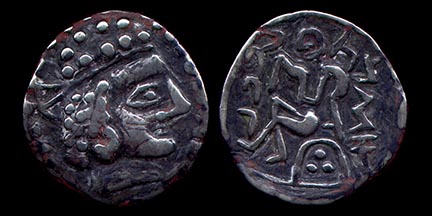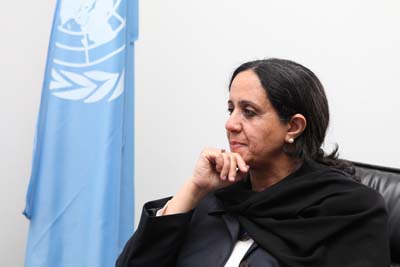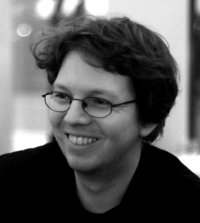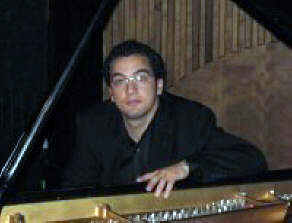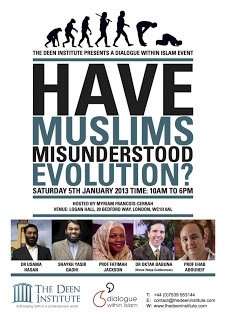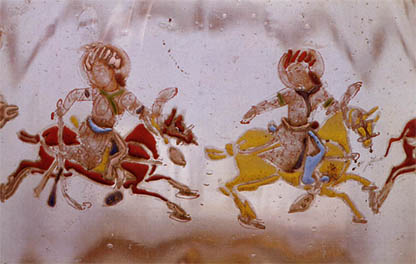
Rasulid polo players, ca. 1260-1270; Museum für Islamische Kunst, Berlin
This week I am participating in a conference in Vienna and will deliver a paper on Rasulid bureaucracy. Details on the conference are noted below. Anyone in or near Vienna is welcome to attend.
3rd International Conference of the Research Network Imperium & Officium: Land and Power in the Ancient and Post-Ancient World, University of Vienna, 20–22 February 2013
In addressing the theme of ‘Land and Power’ we wish to examine the power base of office-holding élites in pre-modern societies. As a tool of analysis we frame our questions in Weberian terms, distinguishing between exercise of power in a bureaucratic mode (ex officio) and power based on economic wealth and privilege in a patrimonial setting, with office being conferred as a consequence. Our focus will be on the interplay between economic power and bureaucratic rationality. In most pre-industrial societies, power and wealth was based on landownership and the control of food production: landownership as the basis of power of an office-holding élite is a recurring phenomenon in ancient states. We also seek to question whether such élites (especially in the periphery) were a force for cohesion or disruption from the point of view of the state, and to investigate the means by which the state sought to integrate and control office-holding élites, e.g. by the use of parallel and/or overlapping chains of command, or by co-optation through court offices and privileges.
Programme (provisional)
Wednesday, 20 February 2013
9–9.30 a.m. Welcome address by Jursa, Michael and Palme, Bernhard (Vienna)
Section 1: Elite Formation
Chair: Jursa, Michael
9.30–10 a.m. Garfinkle, Steven J. (Washington): Landownership and Office-Holding: Pathways to Privilege and Authority under the Third Dynasty of Ur
10–10.30 a.m. Kaiser, Anna (Vienna): Flavius Athanasius, dux et Augustalis Thebaidis
10.30–11 a.m. coffee break
11–11.30 a.m. Scheuble-Reiter, Sandra (Chemnitz): Military Service and the Allotment of Land in Ptolemaic Egypt
11.30–12 a.m. Paulus, Susanne (Münster): The System of Landownership in the Middle Babylonian Time (1500–1000 BC) Continue reading Vienna Conference →
